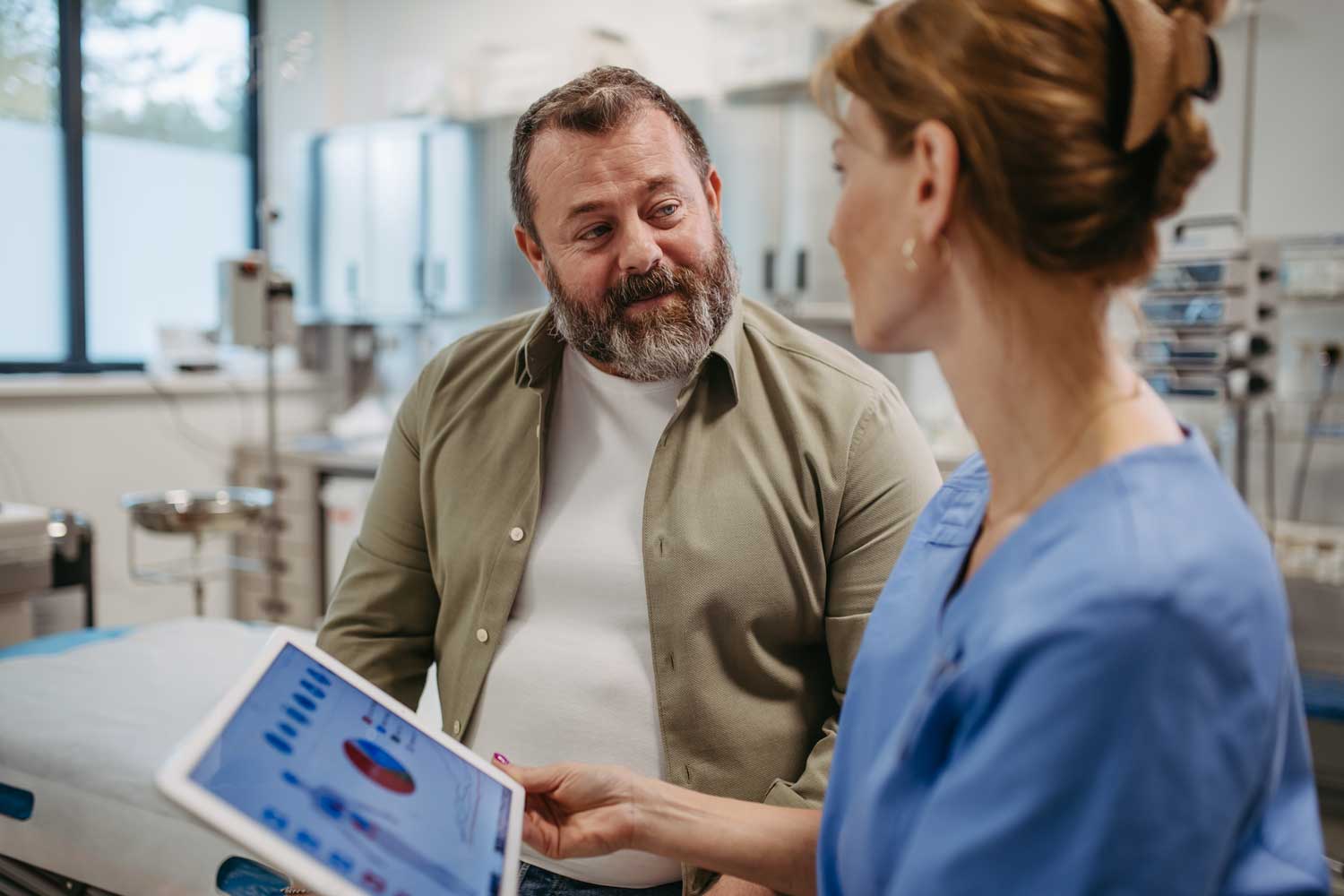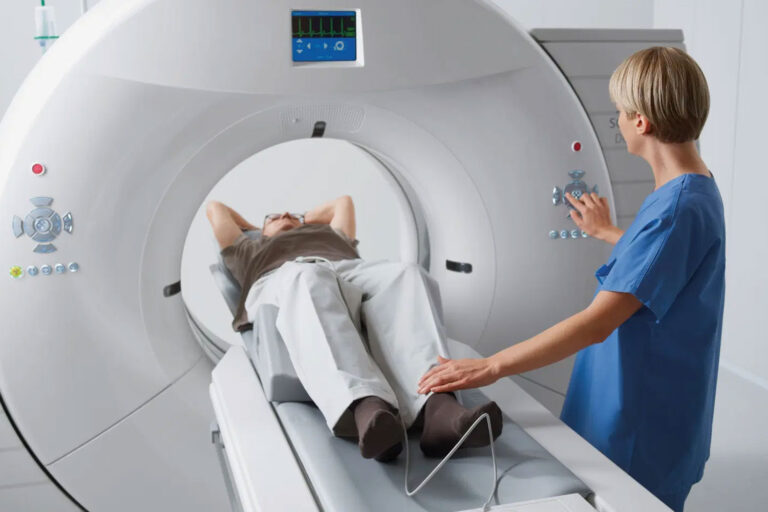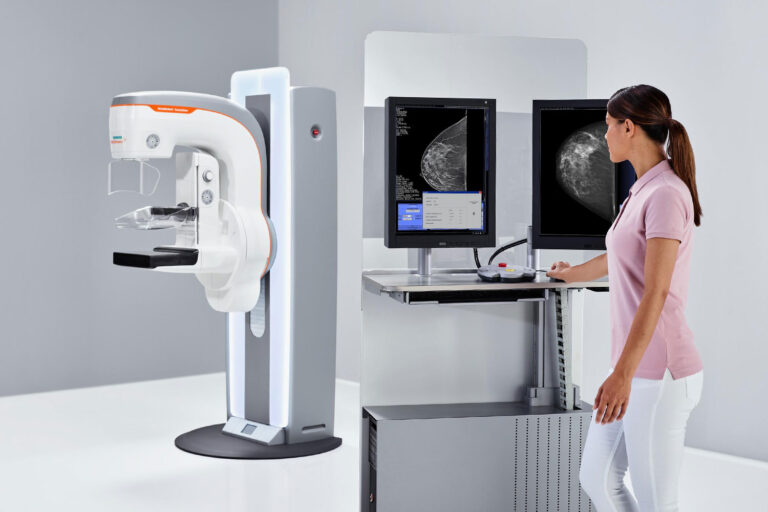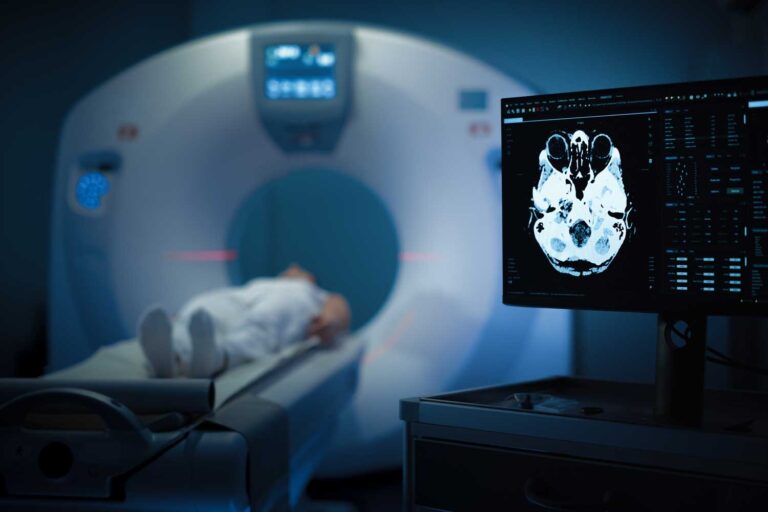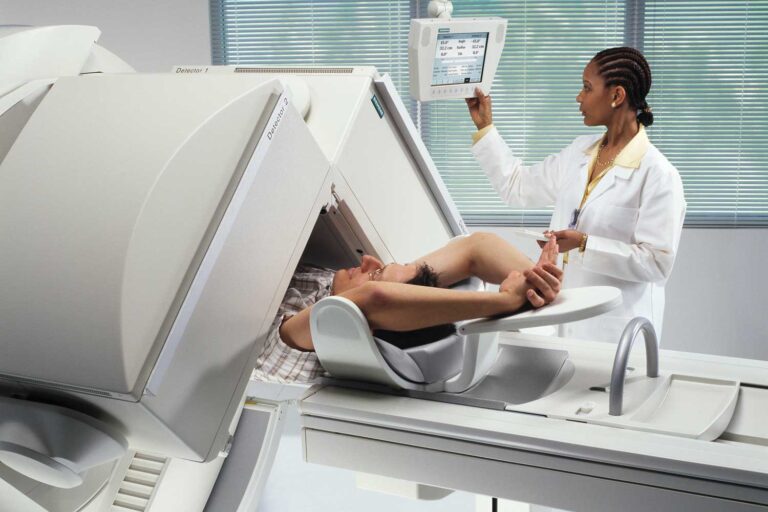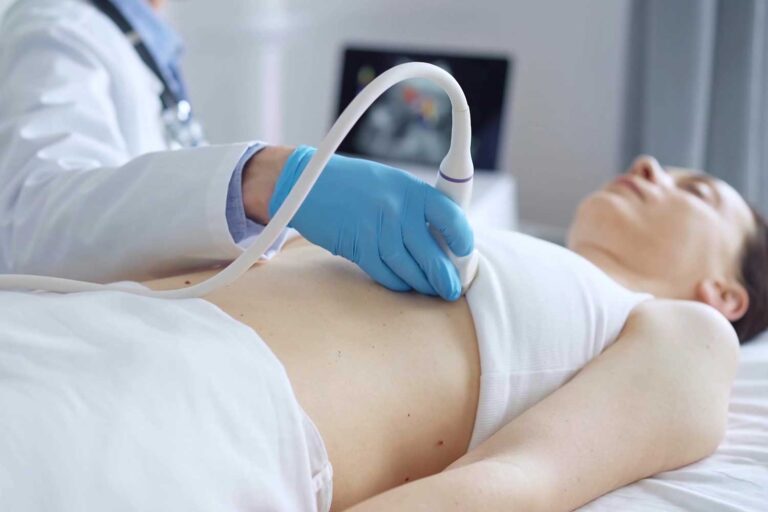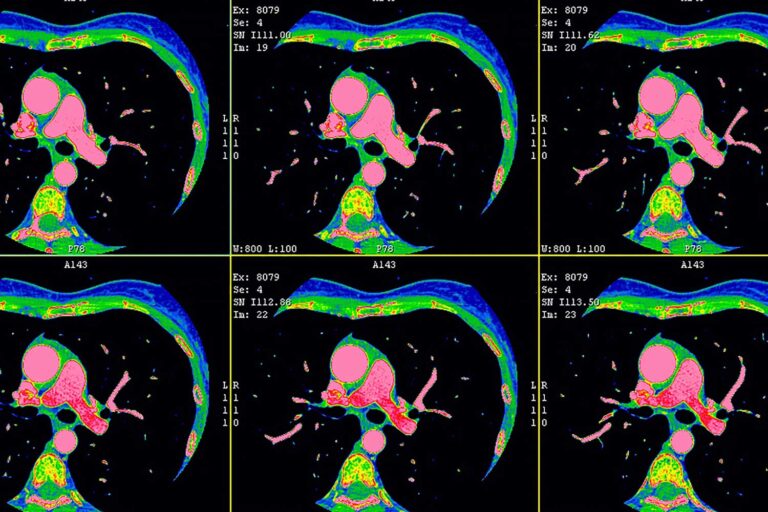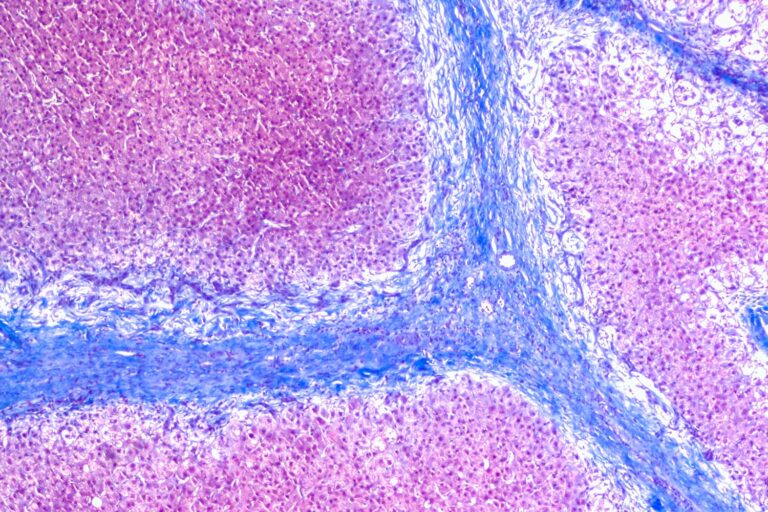You care about your heart and want it to run as smooth as possible. You responsibly visit your physician and get a stress test connected to an EKG. For 10 minutes or so of the workout, your heart rate, breathing and blood pressure are evaluated, and you are told whether you have a coronary artery disease or not. Pretty simple, right? Well, not so fast.
According to statistics, women have a 35% chance of getting wrong results. More often, women get false positive results—they are told to have heart disease while they don’t. But sometimes, the test fails to detect a problem—clogged arteries that significantly raise the risk of a heart attack. Now that’s scary.
Fortunately, cardiologists nowadays have access to advanced technologies that give a much more accurate assessment of heart issues and can predict a possibility of a heart attack or a stroke 20-30 years in advance.
Every year, over one million of Americans suffer from heart attacks, and over half of them are lethal. Men are leading in these numbers, but women are starting to close the gap.
Here are the heart tests that can give more accurate results in your heart health evaluation, and if your physician does not request them for you, demand the ones that are recommended for your age group or risk category.
Cardiac Calcium Scoring
HOW IT WORKS: A CT scanner checks for atherosclerotic plaque in your heart’s arteries. After electrodes are attached to your chest and to an EKG machine that monitors your heartbeat, you lie on an exam table that slides into a short, doughnut-shaped tunnel and hold your breath for 10 to 20 seconds.
COST: $99 to $399
DURATION: 10 minutes
WHY IT’S HEART SMART: Calcified plaque—a major warning sign of coronary artery disease, the leading cause of heart attacks—shows up at least 10 years before a heart attack or stroke hits. By catching the problem early, you can treat it before the buildup narrows arteries so severely that it triggers a heart attack.
GET IT IF: You’re 50 or older with risk factors—or you’re younger with a family history and several risk factors. Since the test involves x-rays, women shouldn’t have it if there’s any chance they might be pregnant.
WHAT THE RESULTS MEAN: You’ll get an Agatston Score, which indicates the total amount of hard and soft plaque in your heart’s arteries. A score of zero means you have no calcium deposits and a low risk of heart attack in the next 5 years. A score of 400 or more puts you at high risk of a heart attack within 10 years; a score of 1,000+ means you have up to a 25% chance of having a heart attack within a year without medical treatment.
NEXT STEPS: If your score is 200 or higher, your doctor may advise lifestyle changes, a statin to lower cholesterol, or a diabetes drug to lower blood sugar—all of which will also reduce plaque.
Carotid Intimal Medial Thickness Test
HOW IT WORKS: This “ultrasound of the neck” takes a picture of the left and right carotid arteries, which supply blood to your head and brain. After putting a gel on your neck, a technician glides an ultrasound transducer over your carotids to measure the thickness of the arteries’ lining.
COST: $150 to $500
DURATION: 15 minutes
WHY IT’S HEART SMART: Studies show a link between an abnormal thickness of the carotid lining and coronary artery disease. This test can detect even the earliest stages before blood flow is blocked. Because it’s not an x-ray, it’s also helpful for women who are or may be pregnant.
GET IT IF: You’re 40 or older—or you’re under 40 and a close relative (parents or siblings) had a heart attack or stroke before age 55.
WHAT THE RESULTS MEAN: You’ll get two numbers: the thickness of your carotid lining (normal is less than 1.06 mm) and your “arterial age,” an estimate of how that thickness compares to that of healthy women your age. If your arteries are more than 8 years “older” than you are, your doctor can tailor treatment to reduce your risk.
NEXT STEPS: A diet and exercise plan, stress reduction, and, if necessary, drugs to lower your cholesterol, blood pressure, and blood sugar and reduce your intimal medial thickness.
High-Sensitivity C-Reactive Protein Test
HOW IT WORKS: A blood test measures CRP, a protein in your blood that’s a strong indicator of inflammation throughout your body.
COST: $8 to $43
DURATION: 5 minutes
WHY IT’S HEART SMART: Cholesterol plaque injures blood vessels, triggering inflammation and raising CRP levels in your blood. That’s dangerous because women with high levels of CRP may be up to four times more likely to suffer a heart attack or stroke. A high CRP is most dangerous if you also have a waist circumference of more than 35 inches, indicating the presence of belly fat.
GET IT IF: You’re 40 or older.
WHAT THE RESULTS MEAN: If your score is under 1.0 mg per liter, your risk of developing heart disease is low. A score between 1.0 and 3.0 mg/l equals average risk. Above 3.0 mg/l, you’re at high risk. It’s possible to have high CRP without heart disease, though, because infections and injuries can also trigger a spike in levels.
NEXT STEPS: A statin, along with weight loss and exercise, can cut the risk of heart problems in women with high CRP.
Advanced Lipid Profile and Lipoprotein(a) Test
HOW THEY WORK: Unlike the traditional cholesterol blood test, which measures total cholesterol, HDL, LDL, and triglycerides, the advanced test also looks at particle size. This is important because some particles are big and fluffy, so they tend to bounce off artery walls as they travel through the body. Others are small and dense, meaning they can penetrate the artery lining and form clumps of plaque. (Think beach balls versus bullets.) The Lp(a) blood test analyzes a specific type of cholesterol that can triple heart risk.
COST: $19 each
DURATION: 5 minutes
WHY THEY’RE HEART SMART: Sizing up your particles gives a clearer picture of heart risk than the conventional test: Having a lot of large particles cuts risk, while small ones raise it. The more Lp(a) you have, the worse it is too—it makes LDL particles extra sticky, so they cling to the lining of blood vessels, causing plaque and clots.
GET THEM IF: You have a family history of heart disease.
WHAT THE RESULTS MEAN: For Lp(a), levels above 30 mg/dl put you at increased risk.
NEXT STEPS: If you have small particles, your doctor may prescribe a drug to increase their size, most likely a fenofibrate (such as TriCor or Trilipix) or niacin (vitamin B3), along with a healthy diet and exercise. Niacin is also among the best treatments for high Lp(a).
A1C Blood Glucose Test
HOW IT WORKS: A blood test indicates your average level of blood sugar over the prior three months. Unlike other glucose tests that require fasting or drinking a sugary beverage, this test requires neither.
COST: $50
DURATION: 5 minutes
WHY IT’S HEART SMART: This is the simplest way to detect your future risk of diabetes. This disease puts you at 5 times higher risk of developing heart disease—yet 5.7 million Americans have undiagnosed diabetes (on top of the 17.9 million who are diagnosed) because they haven’t had their blood sugar checked.
Get It If: You’re 45 or older—or earlier if you’re overweight and have one or more diabetes risk factors, such as family history, high triglycerides, or low HDL.
WHAT THE RESULTS MEAN: An A1C level between 4.5 and 6% is normal; between 6 and 6.4 indicates prediabetes; 6.5 or higher on two separate tests means you have diabetes.
NEXT STEPS: The disease can often be reversed with weight loss, exercise, and dietary changes. If that’s not enough, you may need oral medication or insulin injections.
Genetic Tests
HOW THEY WORK: A blood sample is tested at a lab for mutations of the KIF6 and APOE genes.
COST: $130 each
DURATION: 5 minutes
WHY THEY’RE HEART SMART: A common variation in the KIF6 gene and two mutations in the APOE gene raise your heart disease risk. You cannot control your genes, but these tests can help your doctor better tailor your treatment to head off a heart attack.
GET THEM IF: You’re 40 or older.
WHAT THE RESULTS MEAN: The KIF6 gene test predicts how effective statins are likely to be at heading off a future heart attack. A recent study found that people with a certain variant of KIF6 had a better response to statin treatment, with a 41% drop in heart attack risk, while people without this mutation didn’t respond as well, with a 6% drop. As for the APOE gene, certain people with those variants have a much greater response to a low-saturated-fat diet and may not even need medications.
NEXT STEPS: A drug to lower cholesterol, changes in diet, or both.
Stress Echocardiography
HOW IT WORKS: This test is an improvement over the standard stress test because it adds an ultrasound both before and after exercise to evaluate blood flow to your heart’s pumping chambers and check for blockages in the arteries that supply the heart.
COST: $850 to $1,600
DURATION: 45 minutes
WHY IT’S HEART SMART: Adding echocardiography to the standard stress test raises accuracy by as much as 85% for women. This is an excellent way to tell if your heart disease is severe enough that you could require treatments like a stent or a bypass.
GET IT IF: You have signs of heart disease, regardless of your age. If you experience shortness of breath, chest pain, neck pain, or any other symptom, you might need this test.
WHAT THE RESULTS MEAN: If the test detects reduced blood flow, one or more of your coronary arteries may be blocked.
NEXT STEPS: Your doctor may recommend a cardiac catheterization to check for blockages. If your vessels are clogged, they can be reopened with angioplasty, a stent, or bypass surgery.
Will Your Insurance Pay?
Compared with the $760,000 it costs to treat a single heart attack patient, these tests are cheap—but some insurers won’t pay for them. Most will pay for the stress EKG, blood glucose, and advanced cholesterol tests. Some will cover the gene tests and CIMT. Cardiac calcium scoring usually isn’t covered. Call your carrier beforehand to find out what it will pay for and what your co-payment will be.
